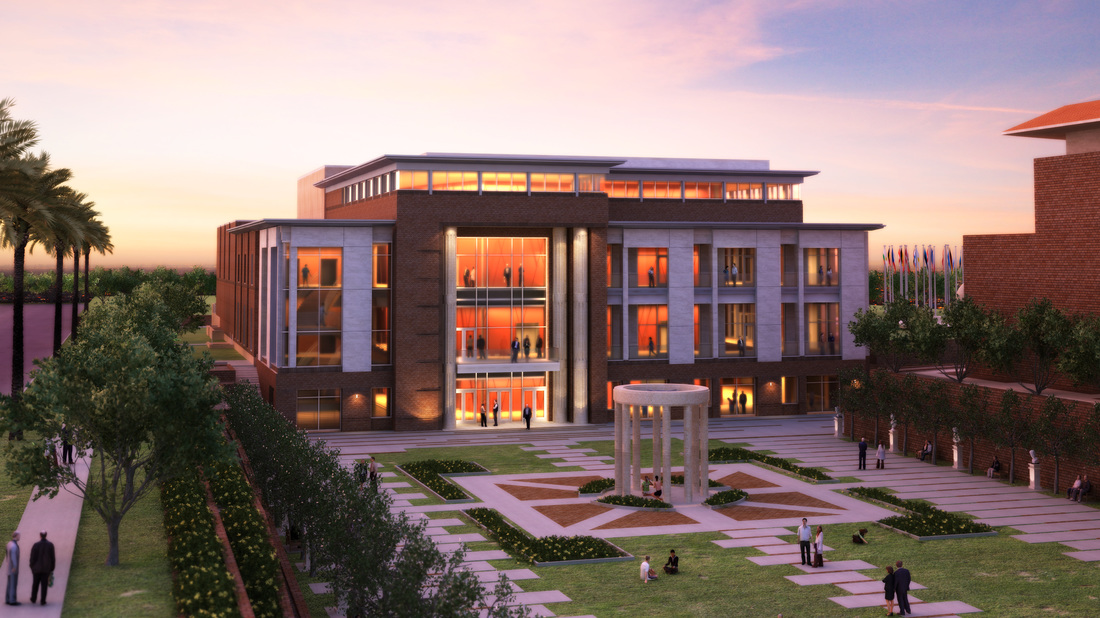Friday, May 31
9:30-10:30am Steve Haber, Stanford University
“Climate, Technology, and the Evolution of Political and Economic Institutions”
10:30-10:45am Coffee Break
10:45-11:45am Mark Koyama, George Mason University
“From the Persecuting to the Protective State? Jewish Expulsions and Weather Shocks from 1100 to 1800” (with Robert Warren Anderson and Noel Johnson)
11:45-1:15pm Lunch
1:15-2:15pm Elira Karaja, UC Berkeley, BEHL, and INET
“The Rule of Karlowitz: Fiscal Change and Institutional Persistence”
2:15-3:15pm Jared Rubin, Chapman University
”The Reformation, Political Legitimacy and the Origin of the Modern Economy in England” (with Avner Greif)
3:15-3:30pm Coffee Break
3:30-4:30pm John Majewski, UC Santa Barbara
“Why did the Antebellum South Produce So Little Inventive Activity? Patenting Rates and Policy Failures in the Limestone South”
4:30-5:30pm John Wallis, University of Maryland
“Coordination and Coercion: The Nature of Rules, Governments, States, and Social Dynamics”
6:00pm Dinner, Downtown Orange
Saturday, June 1
9:00-10:00am Dongwoo Yoo, West Virginia University
“Is the British colonization better than that of the French? A study of Vanuatu”
10:00-10:15am Coffee Break
10:15-11:15am Lu Qian, University of Maryland
“Political History of Partisan Banking and Open Entry in Antebellum Massachusetts”
11:15-12:15pm Liang Bai, UC Berkeley
“Economic Legacies of the Chinese Cultural Revolution”
12:15-1:45pm Lunch
1:45-2:45pm Marc Goñi, Universitat Pompeu Fabra
“Landed Elites and the Introduction of National Education in England, 1839-1902”
2:45-3:00pm Coffee Break
3:00-4:00pm Dan Bogart, UC Irvine
“The Politics of Infrastructure Development in the Aftermath of Britain’s Glorious Revolution” (With Robert Oandasan)
4:00-5:00pm Lee Alston, University of Colorado
“Leadership, Beliefs and Economic Development; Making the Critical Transition” (with Marcus Melo, Bernardo Mueller, Carlos Pereira)
9:30-10:30am Steve Haber, Stanford University
“Climate, Technology, and the Evolution of Political and Economic Institutions”
10:30-10:45am Coffee Break
10:45-11:45am Mark Koyama, George Mason University
“From the Persecuting to the Protective State? Jewish Expulsions and Weather Shocks from 1100 to 1800” (with Robert Warren Anderson and Noel Johnson)
11:45-1:15pm Lunch
1:15-2:15pm Elira Karaja, UC Berkeley, BEHL, and INET
“The Rule of Karlowitz: Fiscal Change and Institutional Persistence”
2:15-3:15pm Jared Rubin, Chapman University
”The Reformation, Political Legitimacy and the Origin of the Modern Economy in England” (with Avner Greif)
3:15-3:30pm Coffee Break
3:30-4:30pm John Majewski, UC Santa Barbara
“Why did the Antebellum South Produce So Little Inventive Activity? Patenting Rates and Policy Failures in the Limestone South”
4:30-5:30pm John Wallis, University of Maryland
“Coordination and Coercion: The Nature of Rules, Governments, States, and Social Dynamics”
6:00pm Dinner, Downtown Orange
Saturday, June 1
9:00-10:00am Dongwoo Yoo, West Virginia University
“Is the British colonization better than that of the French? A study of Vanuatu”
10:00-10:15am Coffee Break
10:15-11:15am Lu Qian, University of Maryland
“Political History of Partisan Banking and Open Entry in Antebellum Massachusetts”
11:15-12:15pm Liang Bai, UC Berkeley
“Economic Legacies of the Chinese Cultural Revolution”
12:15-1:45pm Lunch
1:45-2:45pm Marc Goñi, Universitat Pompeu Fabra
“Landed Elites and the Introduction of National Education in England, 1839-1902”
2:45-3:00pm Coffee Break
3:00-4:00pm Dan Bogart, UC Irvine
“The Politics of Infrastructure Development in the Aftermath of Britain’s Glorious Revolution” (With Robert Oandasan)
4:00-5:00pm Lee Alston, University of Colorado
“Leadership, Beliefs and Economic Development; Making the Critical Transition” (with Marcus Melo, Bernardo Mueller, Carlos Pereira)


